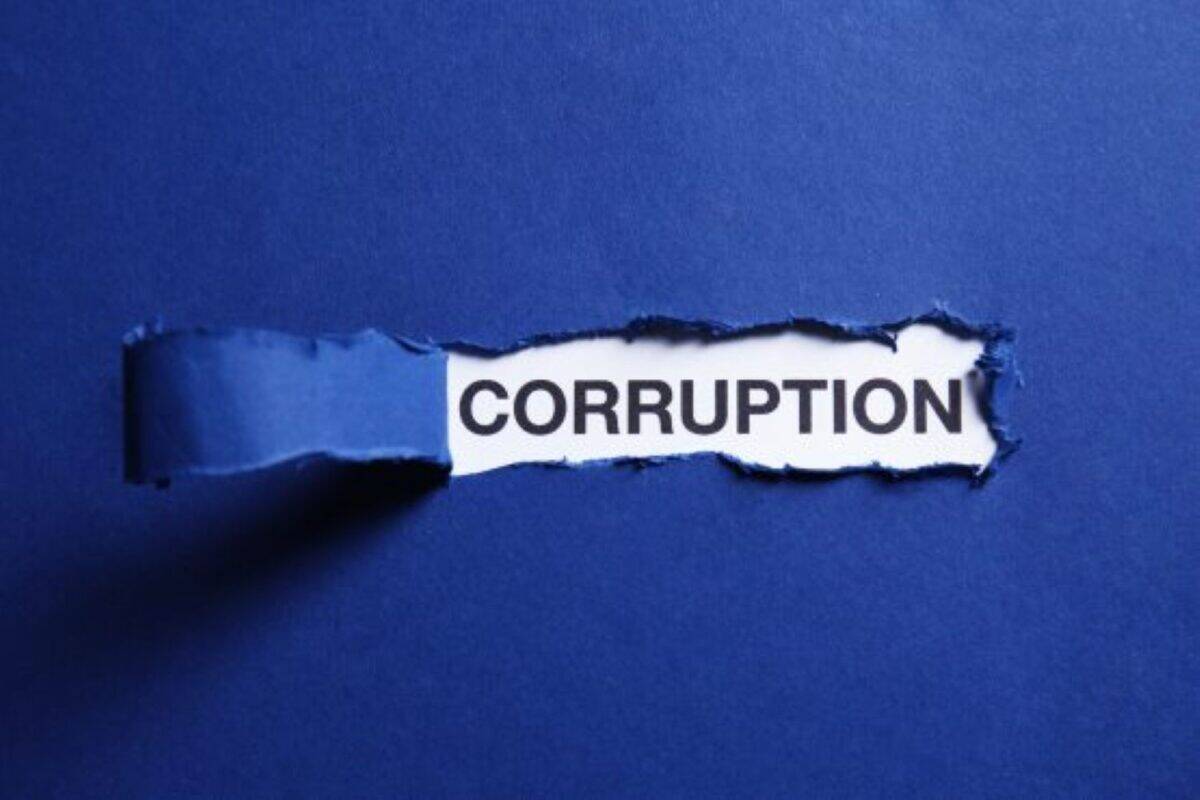Amnesty for graft is absurd. It excuses theft, mocks victims, and weakens the fight against entrenched corruption.

There is a dangerously preposterous idea that is being whispered in the political and corruption circles: amnesty for corruption accused.
It would allow those that have benefited from corruption to declare what they have done and they would then be exempt from being charged for their crimes.
A sort of corruption truth and reconciliation process. The reasons put forward for this: corruption is far too entrenched in the South African political landscape and so widespread that the National Prosecuting Authority (NPA) does not have the resources to go after those who have been identified as corrupt.
This is absurd and would be giving a free get-out-of-jail card to those who have selfishly held back this country’s progress over the past three decades.
There are one or two cases that have been hailed as successes of such a process internationally, with Hong Kong being the case in point.
ALSO READ: ‘Ghost payroll’ spiral
But the case for corruption amnesty in South Africa is based on a shaky premise.
It would encourage more corruption in the future. It is not that the NPA is unable to prosecute corruption successfully, but more that perpetrators have set up a sophisticated network that hampers the NPA’s effort in the fight against corruption. And that is where the fight against it must start, undoing those networks.
The Madlanga Commission of Inquiry is a good place to start. On the face of it, the leadership of the South African Police Service (Saps) is rotten to the core and that might be seen as a good reason for the amnesty.
But it needs to be noted that the Madlanga commission is sitting today exposing those rotten apples because there are some good and honest members of the Saps who have vowed to fight corruption and political interference in their ranks at all costs.
South African politicians had the privilege of having watched what happened to other Third World countries before democracy landed here.
ALSO READ: Only around 1 in 5 South Africans believe our courts are not corrupt
This country drafted its constitution with the full knowledge of the trappings and temptations that political power has on individuals.
There are organs of state that were deliberately put into the constitution to protect ordinary citizen against the abuse of power and resources by those in elected office, or those in the employ of the state.
It is not as if corruption caught politicians by surprise.
Far too many people have died at the hands of the people who are now being looked at as victims of sorts.
What sense would come out of pardoning politicians and bureaucrats who have schemed to get their hands on taxpayers’ money by murdering the likes of Babita Deokaran, Mpho Mafole and Armand Swart?
ALSO READ: R20 million later, Boitumelo clinic remains a hole in the ground
What explanation will be given to their children when they see the people who took their loved ones simply so they can steal state money?
Shonisani Lethole’s family waits expectantly for the people who contributed to the horror of his death after not receiving food for 100 hours at Tembisa Hospital to be brought to book. To account for why they thought lining their pockets was more important than human lives.
Instead of entertaining a corruption amnesty, the president and his Cabinet should be looking at short-term measures to beef up the NPA to prosecute all those fingered as corrupt by the Madlanga commission.
They should also be looking at how they can overhaul the Saps leadership and get out all the bad apples. Corruption cannot be rewarded through an amnesty process when whistle-blowers are dying daily and living in constant fear.






